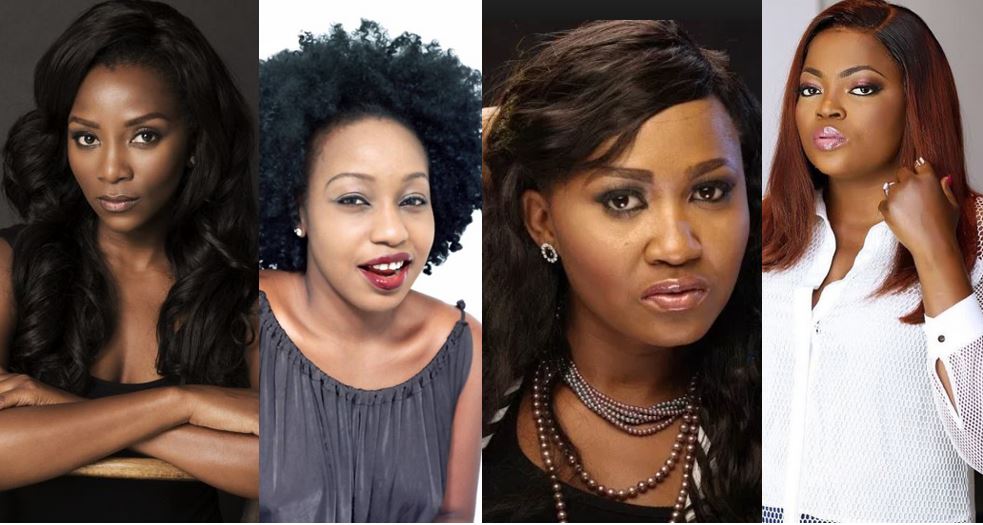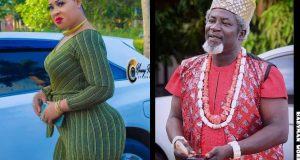
Nollywood Actresses
The board recently reacted via a press statement, and Nigerians have been reacting.
According to NFVCB, the film is still in production and has not been submitted for classification yet, plus the movie producers are already working to address the issues raised by the public.
The board added that it will not overlook creative works that abuse, denigrate, or undermine religious, cultural and ethnic sensibilities.
It read, “The National Film and Video Censors Board (NFVCB), the statutory regulatory agency for film and video works as well as exhibition and distribution in Nigeria, has received complaints about an upcoming Nigerian movie that associated the Hijab, an outfit attributed to Muslim women that symbolizes respect, modesty and religious devotion, with negative moral vices.
Our check revealed that the movie has not been released, and it has not been submitted to the NFVCB for classification as required by law and our mandate.
However, we have been able to reach the producers of the film and have taken steps to address the concerns raised with the producers.
We restate that as a classification agency, the NFVCB will not overlook any film or video works, including dramatized short contents (skits) that abuse, denigrate, or undermine religious, cultural, and ethnic sensibilities.
We commit to contributing to the positive transformation of the Nigerian society through classification of films and video works whilst balancing the need to preserve freedom of expression within the law, and limit social, cultural and religious harm caused by films.”
WOW.
Nollywood is a sobriquet that originally referred to the Nigerian film industry. The origin of the term dates back to the early 2000s, traced to an article in The New York Times. Due to the history of evolving meanings and contexts, there is no clear or agreed-upon definition for the term, which has made it a subject to several controversies.
The origin of the term “Nollywood” remains unclear; Jonathan Haynes traced the earliest usage of the word to a 2002 article by Matt Steinglass in the New York Times, where it was used to describe Nigerian cinema.
Charles Igwe noted that Norimitsu Onishi also used the name in a September 2002 article he wrote for the New York Times. The term continues to be used in the media to refer to the Nigerian film industry, with its definition later assumed to be a portmanteau of the words “Nigeria” and “Hollywood”, the American major film hub.
Film-making in Nigeria is divided largely along regional, and marginally ethnic and religious lines. Thus, there are distinct film industries – each seeking to portray the concern of the particular section and ethnicity it represents. However, there is the English-language film industry which is a melting pot for filmmaking and filmmakers from most of the regional industries.
 NaijaVibe NaijaVibe | Download Latest Nigerian Music & Mp3s
NaijaVibe NaijaVibe | Download Latest Nigerian Music & Mp3s



